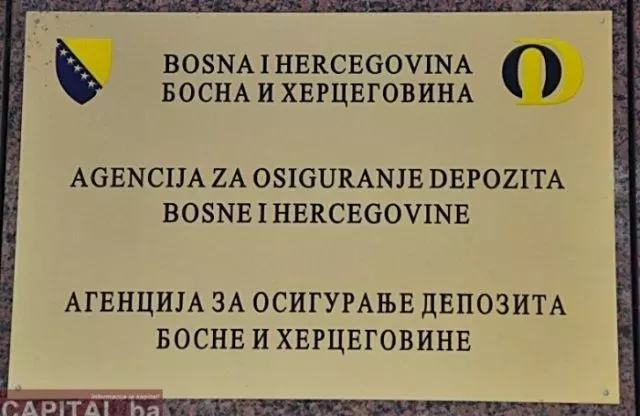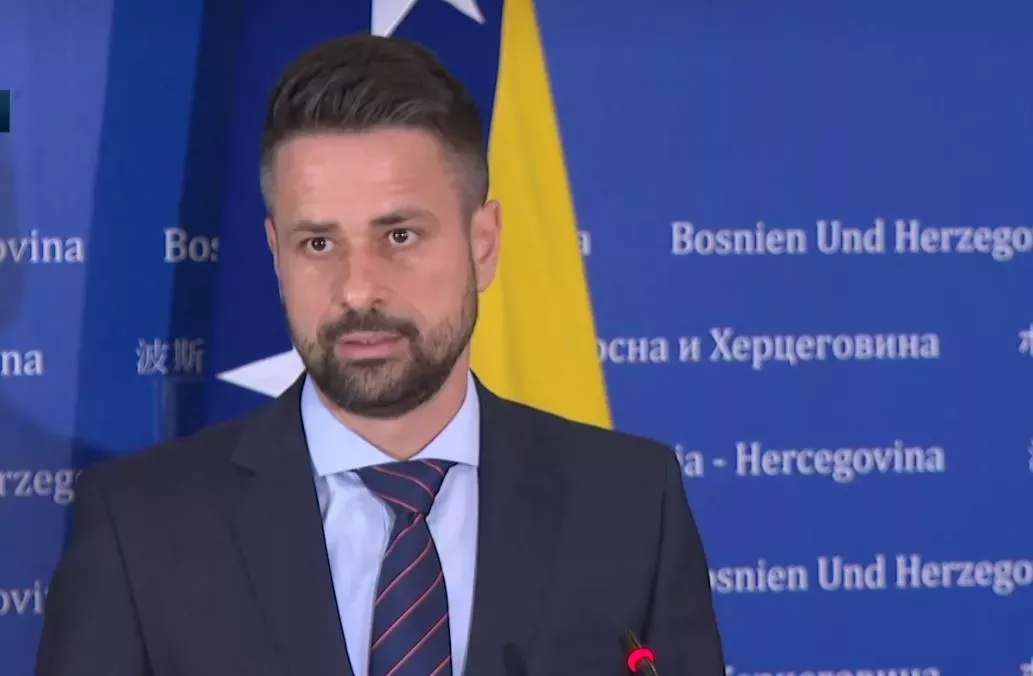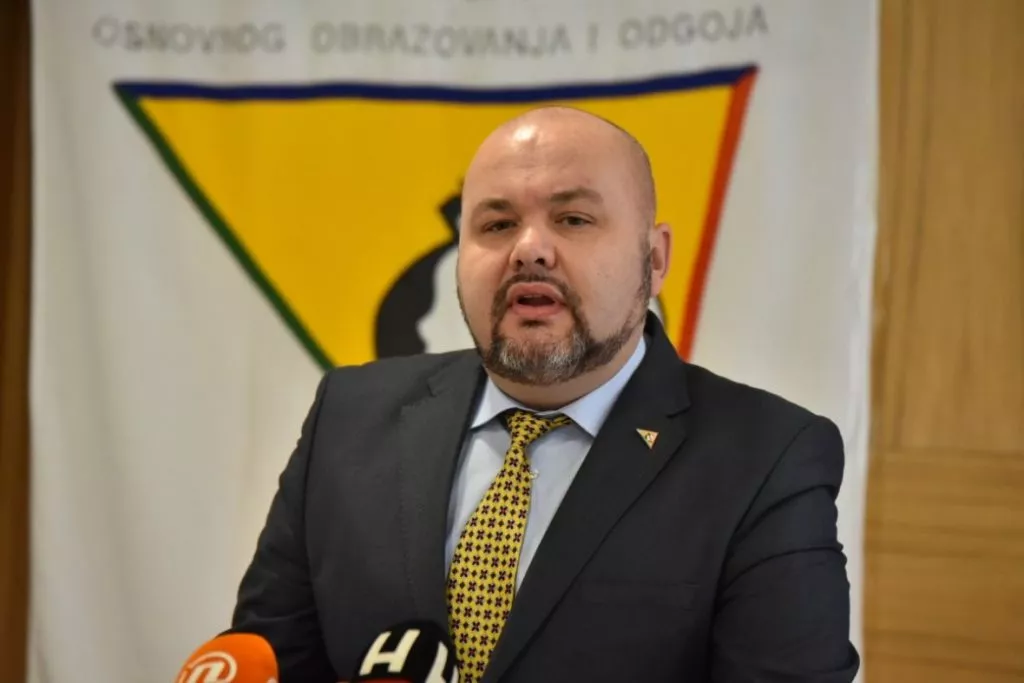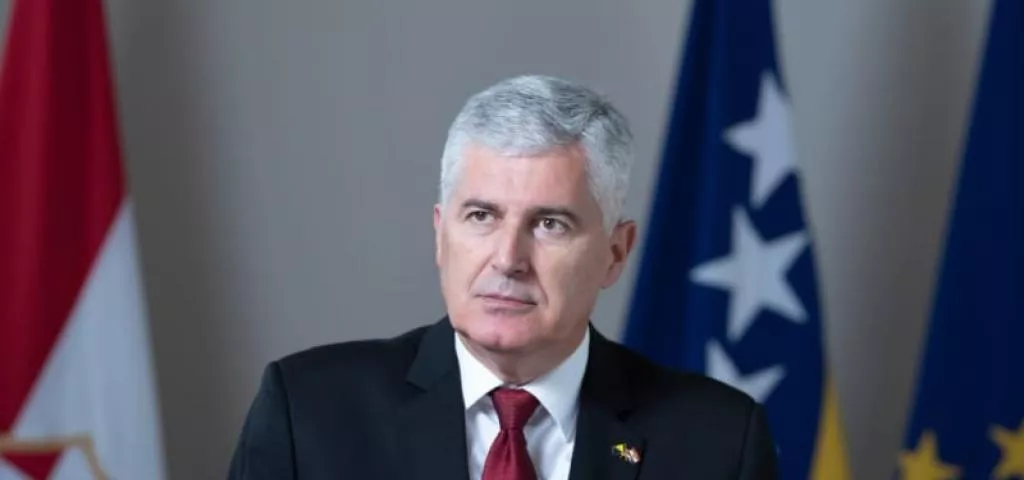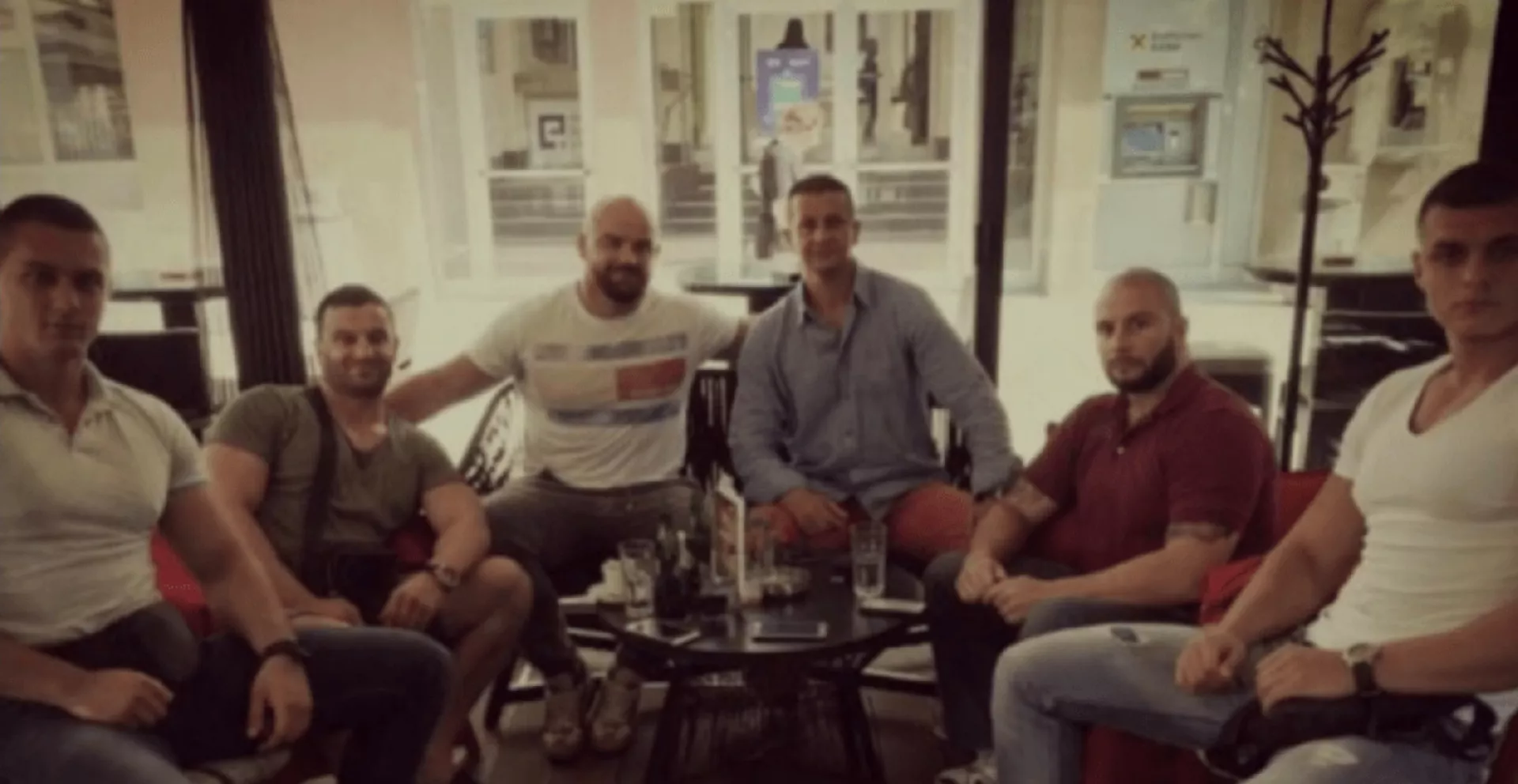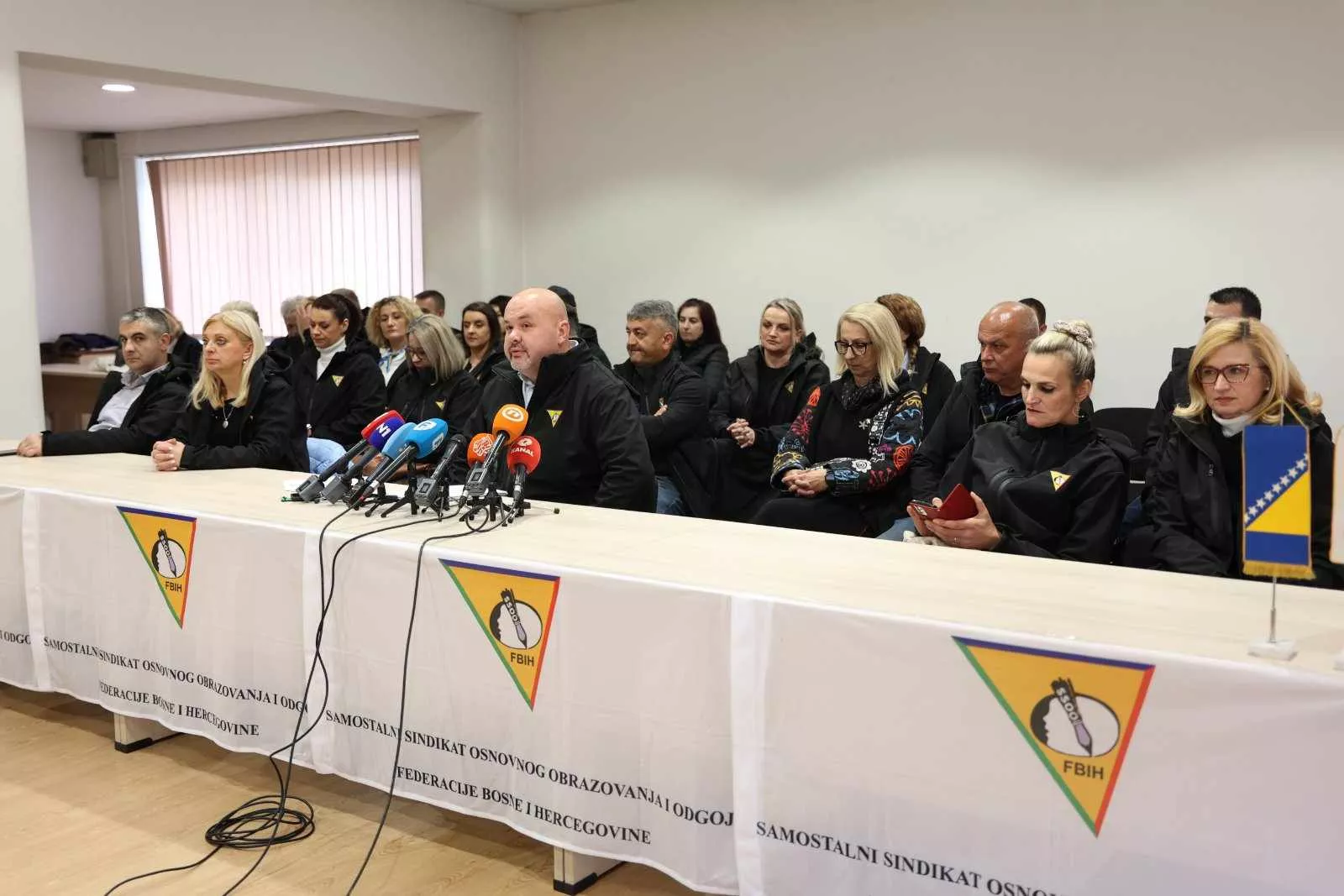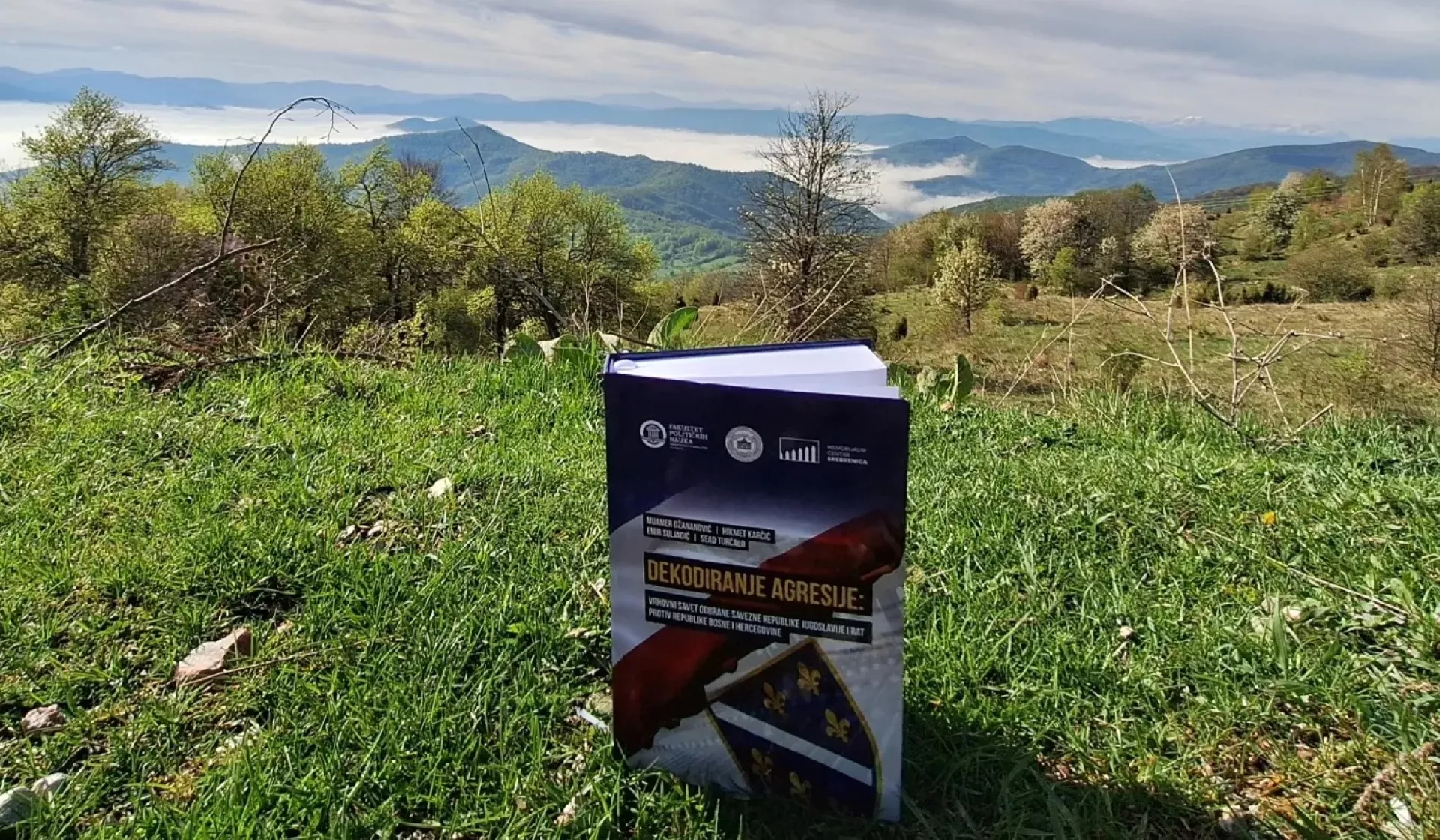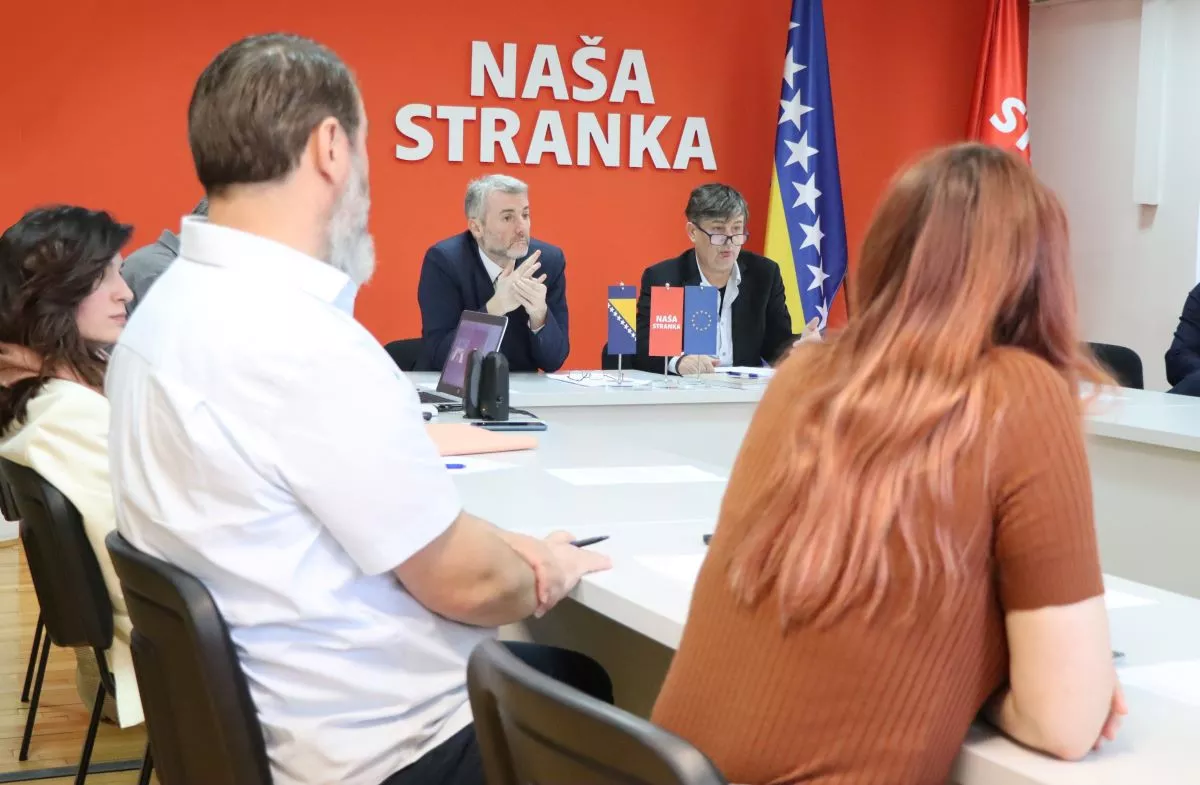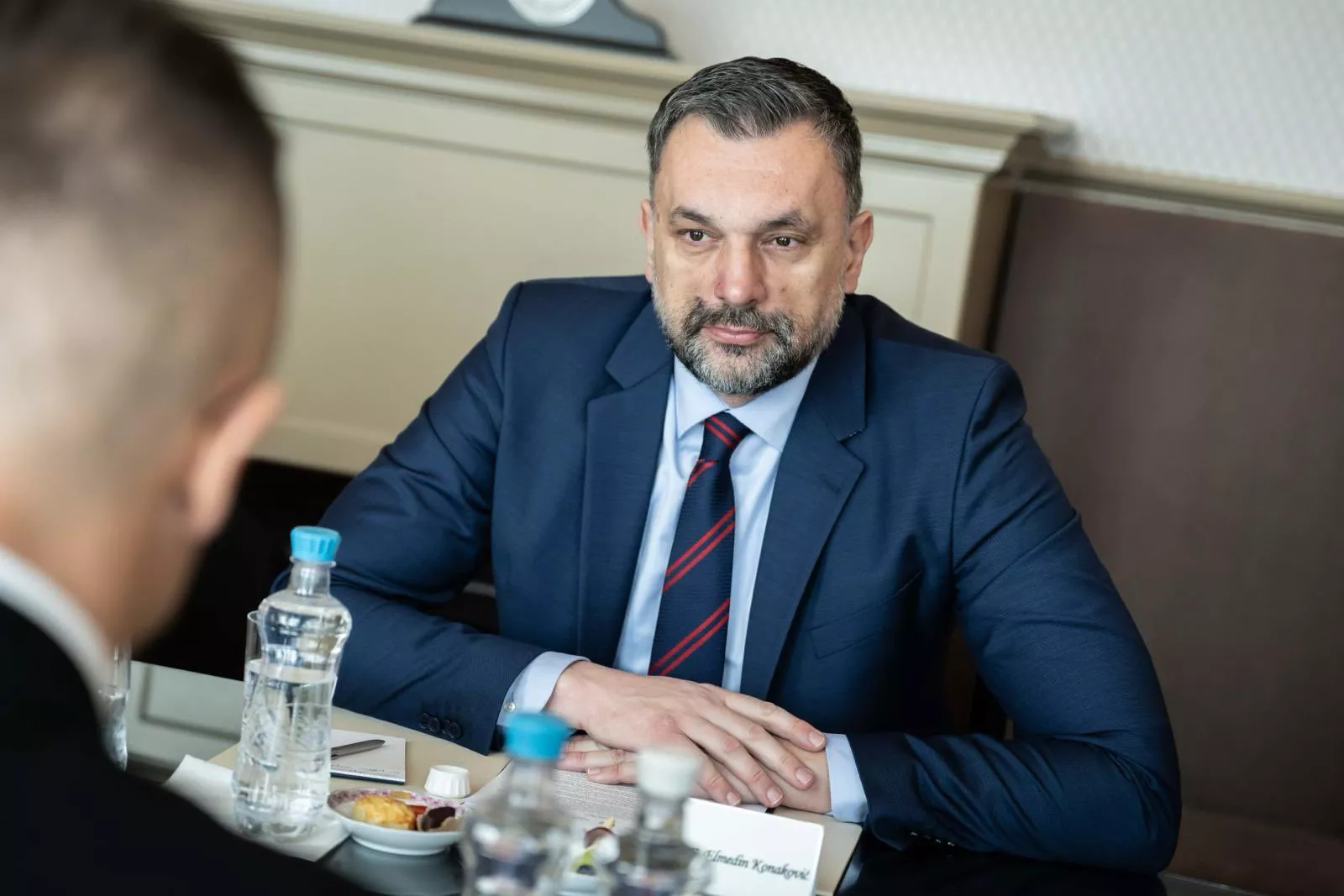

.jpg.webp)
By: Sead Omeragić
Today, after the verdict for Karadzic, I'm wondering where our intellectuals are. Where are the experts of the international law? I'm hearing that in Belgrade, there are serious discussions about the verdict and its possible consequences. What are our experts and top lawyers doing right now?
How come that everything has come down to 3-4 names who are constantly on the media which you turn on and turn off as you wish with your remote?
Following the verdict, the ordinary people were supposed to go silent, and our legal experts were supposed to speak up. However, legal experts are few, as well as the expertise. Those who should explain the essence of more than 2,000 of pages of the verdict, can't be heard.
License to kill Bosniaks
Just as well, something has changed in the attitude of Tribunal towards horrifying crimes in Bosnia and Herzegovina. Horrific mass killings, destruction, rape, all that was placed under a new and strong light of truth in Karadzic's verdict. After discovering new mass graves in Bosnia and Herzegovina, especially after Tomasica in Prijedor, Tribunal became almost a different place.
While President of Council O Gon Kwon was reading an abstract of the verdict, one could have noticed the absence of an artificial and carelessly put together syntagm 'ethnic cleansing'.
First time I heard that syntagm was from David Owen, while convoys of refugees were running away from Karadzic's murderers. Only a few hours after the verdict, in front of BBC cameras, Owen called Karadzic a racist.
Thus the most serious crime of persecution of citizens was named 'ethnic cleansing'. It sounded as a commercial of some factory making chemical liquid for cleaning some 'genetic dirt'. Then the term became widely accepted, from politicians to journalists. One of the most horrid crimes was wrapped, like a fine gift.
Never before has such a syntagm been used in the history of the international law and crime documentation. It all seemed licensed only for Bosnian war and killing of Bosniaks.
I was listening judge Kwon mentioning 'extermination' for 11 times, and adding 'extermination of Bosniaks and Croats in the territories that Serb considered their own'.
It all seemed to be a return to cruel truth. 'Ethnic cleansing' was replaced by 'extermination'. There was no room for a different presentation of crime.
In Nurnberg Charter from 1945, in the Article 6, after killings, there is 'extermination' as the hardest crime. There is no expression 'ethnic cleansing'. In the Roman Statute from 1998, there are terms 'murder' and 'extermination'. There is no ethnic cleansing.
In the Statute of Tribunal for former Yugoslavia (ICTY), 'ethnic cleansing' is mentioned three times, yet in the Article 5 that treats crimes against international law, it is written 'extermination'.
Code of crime against peace and security from 1996, Article 18 reads that one of the biggest crimes is 'extermination'.
Crimes against human kind or humanity
Not in one document of ad hoc courts, from Rwanda to Sierra Leone, one can find 'ethnic cleansing' as a term. Not even in statutes, as it was read in the Tribunal Statute for Former Yugoslavia. In these statutes for both countries there is only word 'extermination'. So the syntagm is purely Bosnian.
The horrific concentration camps in which Jews were being killed in the World War II, were called extermination camps. In Bosnia and Herzegovina, extermination took place in the area that Serbs marked as their territory.
In a similar way we have been destroying the truth by using the word 'humanity' which stands for humankind or mankind. A more appropriate word in this case would be 'humaneness'.
Hence the crimes against humankind became crimes against humaneness, which gave them a different, far softer wrapping.
With the verdict for Karadzic, something has obviously changed as regards attitude towards crime of genocide and severe crimes against humankind in Bosnia and Herzegovina. At least there is no longer hypocritical phrase about ethnic cleansing.
Out intellectuals do not seem to understand that crime against Bosniaks is also a problem to Bosniaks themselves. Until now, crimes were handled by legal experts without serious references. During 21 years after the war and horrific crimes, Bosniaks could have produced exceptional experts for international law. They have not done anything worth mentioning. All the justice they got after horrid crimes, came from the Hague Tribunal.
